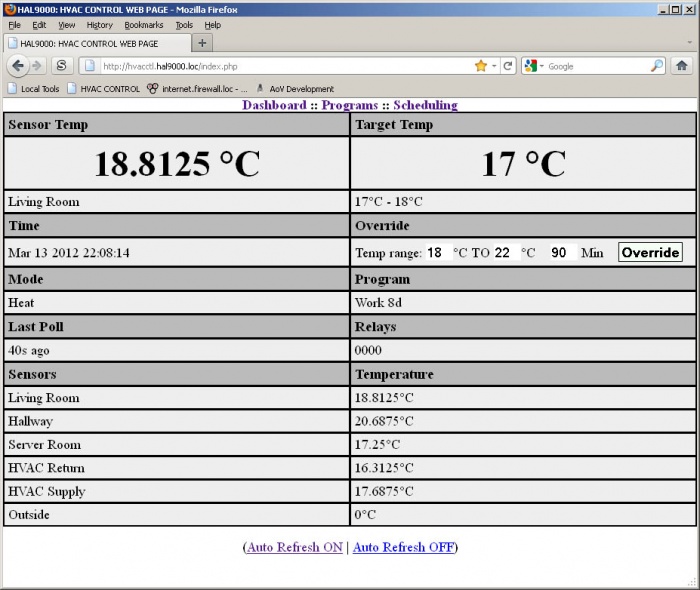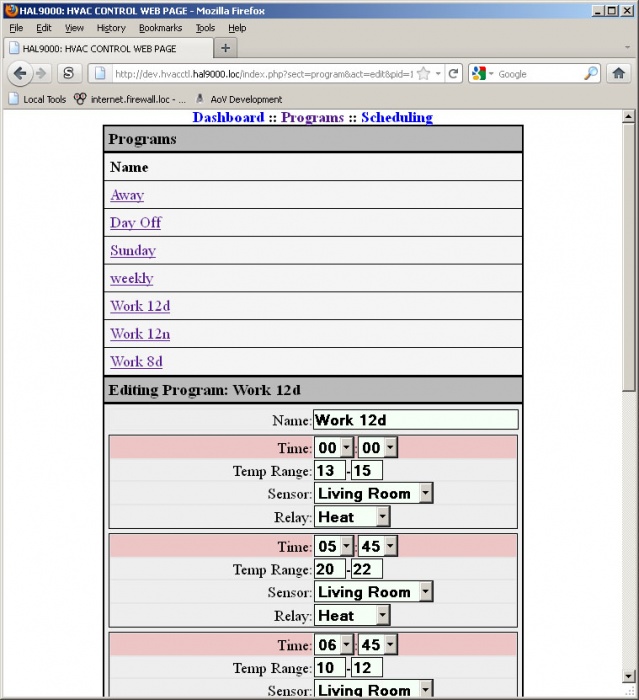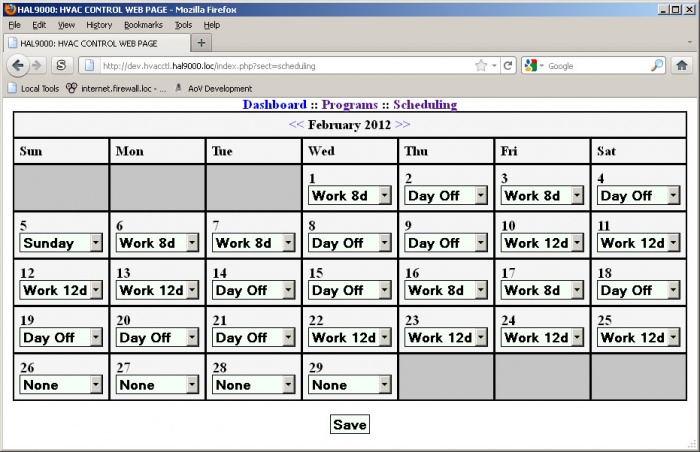HardOCP News
[H] News
- Joined
- Dec 31, 1969
- Messages
- 0
Are you satisfied with that home automation solution you bought year or two ago? You are? Well too bad, Google bought the company and they are killing your device. Well, at least you can still get a Nest. Wait. Never mind.
Revolv is a home automation hub that Google acquired 17 months ago; yesterday, Google announced that as of May 15, it will killswitch all the Revolvs in the field and render them inert. Section 1201 of the DMCA -- the law that prohibits breaking DRM -- means that anyone who tries to make a third-party OS for Revolv faces felony charges and up to 5 years in prison.
Revolv is a home automation hub that Google acquired 17 months ago; yesterday, Google announced that as of May 15, it will killswitch all the Revolvs in the field and render them inert. Section 1201 of the DMCA -- the law that prohibits breaking DRM -- means that anyone who tries to make a third-party OS for Revolv faces felony charges and up to 5 years in prison.
![[H]ard|Forum](/styles/hardforum/xenforo/logo_dark.png)



